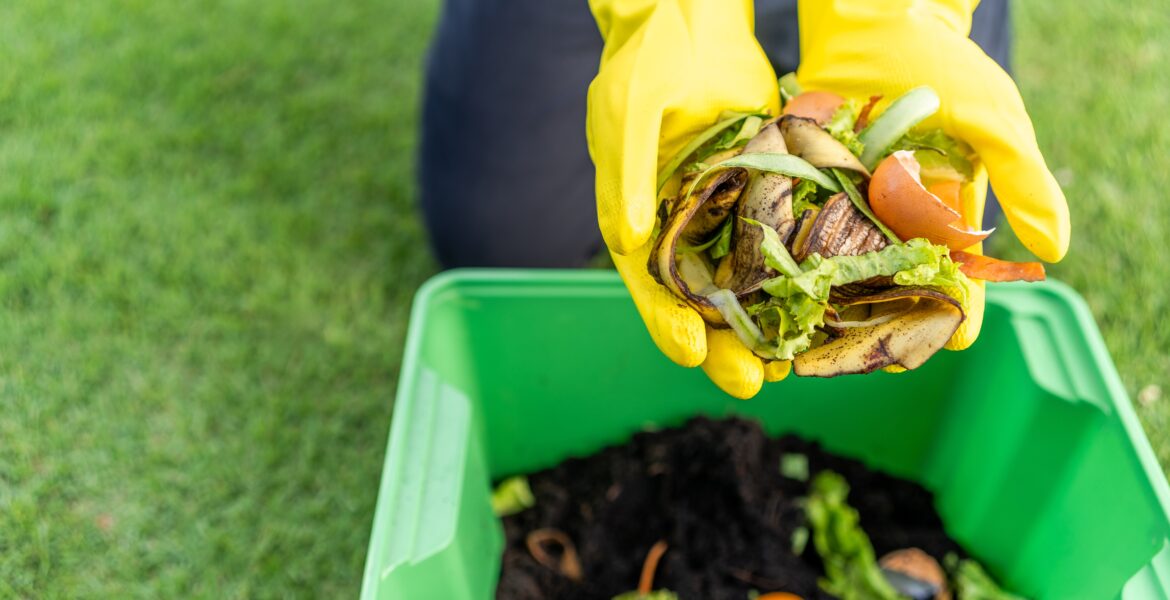If we’re being honest, way too many of our groceries end up in the trash (we have good intentions of eating that salad mix every week, we promise!), and while it may not seem like a big deal to toss out a few soft berries or part of an onion, a little bit of food waste can turn into a lot of food waste really fast. Don’t get us wrong, food waste happens everywhere, and while we can’t control what grocery stores and restaurants do, we can control what happens within our own walls. Here are a few ways you can start perfecting the art of using up all of your groceries.
Commit to the List
Spend some time planning your meals and making your grocery list each week, every other week, or once a month, and buy only the ingredients you know you need or ones that you know you will use. Think versatility if you don’t want to plan out everything you plan on eating all week. Good examples of versatile groceries include ground beef, eggs, potatoes, beans, rice, milk, garlic, chicken, carrots, and peppers.
Get Creative
Check-in on your groceries throughout the week and start using them once you notice they may be on a time crunch for freshness. Vegetable scraps can be turned into soup stock that can be frozen and used later, apples or berries that have gone soft are perfect for oatmeal or making pies or cobblers, stale bread will make the most delicious croutons or crostinis you’ve ever had, and wilted veggies are perfect for a quick meal of stir fry.
Store Properly
Get the most out of your food before it rots or spoils by ensuring that it is stored properly. Food storage containers should give food what they need, for instance, produce needs air circulation to stay dry and maintain freshness, and all containers should be clean so you can see what you already have in your fridge to keep you from overbuying and spending too much money. Fruits and vegetables can also be frozen or preserved so you can eat them weeks or months later and if you have yet to polish off an entire oaf of bread, you can always freeze it and just take out what you need a couple of hours before you need it.
Can’t Use It All Up? Share It!
A random leftover night, gambling on a fruit or vegetable you’ve never tried before only to find out you don’t like it, or just one night of getting takeout can result in an abundance of leftover ingredients. If you know you won’t be able to use up ingredients, share with a loved one or neighbor.
Keep Track
This may sound silly, but each week jot down what you toss and it won’t take you long to see trends. From here you can address your food waste and come up with a solution. For instance, if every week you’re throwing away soft strawberries, maybe stop buying them for awhile. Other berries such as blackberries or raspberries can be purchased in smaller containers and offer just as many health benefits. If you love strawberries, but just can’t eat them all, consider other ways to use up your berries like turning them into a jam or whipping up a strawberry shortcake.
The Bottom Line
Wasted foods mean a loss of natural resources used for growing, processing, packing, transporting, and marketing the food, not to mention when food goes to waste and rots in a landfill, it gives off methane, which is a strong greenhouse gas. Even a small reduction in food loss and waste will help conserve precious natural resources and reduce greenhouse gas emissions.






